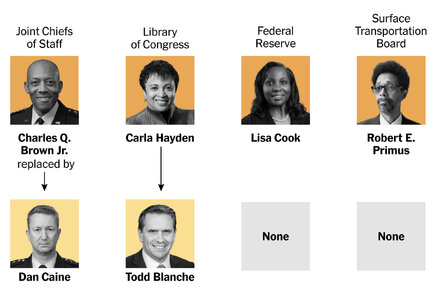The highly charged rhetoric surrounding immigration enforcement policies, particularly those enacted during the Trump administration, continues to resonate, with critics employing powerful language to describe their perceived impact. Terms such as “venomous cruelty” have been used by advocacy groups and opponents to characterize specific operations and policies, primarily carried out by U.S. Immigration and Customs Enforcement (ICE) and Customs and Border Protection (CBP).
During the Trump presidency, immigration enforcement became a central focus, marked by several high-profile initiatives. Among the most controversial was the “Zero Tolerance” policy, implemented in April 2018, which led to the systematic separation of children from their parents at the U.S.-Mexico border. The administration stated that this policy aimed to deter illegal border crossings and enforce existing laws rigorously. However, it quickly drew widespread condemnation from international bodies, human rights organizations, and even some within the Republican Party, citing severe psychological trauma inflicted on families.
“The systematic separation of children from their parents is an unconscionable act that violates basic human rights,” stated Michele Heisler, Medical Advisor for Physicians for Human Rights, in a 2018 report documenting the policy’s effects. “These are not just numbers; these are children and parents suffering immense trauma.”
Beyond border policies, ICE intensified its operations within the interior of the United States. Regular sweeps targeting undocumented immigrants, including those with no criminal records, became more common. These raids often sparked fear and disruption in communities, leading to protests and increased legal challenges. Advocates argued that such aggressive enforcement tactics eroded trust between immigrant communities and law enforcement, and caused unnecessary suffering.
The administration, however, consistently defended its actions as essential for national security and upholding the rule of law. Officials frequently asserted that ICE was simply carrying out its mandate to enforce immigration statutes passed by Congress.
“Our officers are enforcing laws that Congress passed,” then-Acting ICE Director Ronald Vitiello said in 2018, addressing criticisms of increased enforcement. “We are doing our job to keep communities safe and secure our borders.”
Other policies, such as the Migrant Protection Protocols (MPP), also known as the “Remain in Mexico” policy, which required asylum seekers to wait in Mexico for their U.S. court dates, faced significant legal and humanitarian challenges. Critics argued that these policies exposed vulnerable individuals to dangerous conditions and limited their access to legal counsel.
The debate surrounding these enforcement strategies highlights deep divisions over immigration policy, balancing national security concerns with humanitarian considerations. The legacy of these policies continues to shape discussions around immigration reform, with profound disagreements persisting over the appropriate balance of enforcement and compassion.
Source: Read the original article here.





